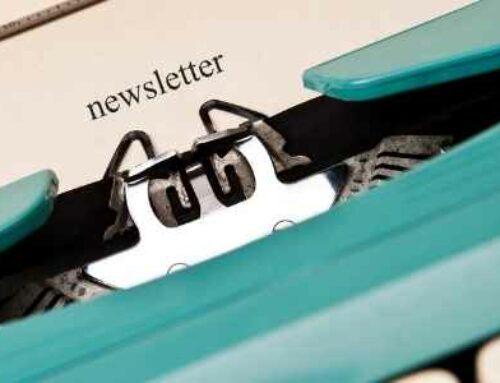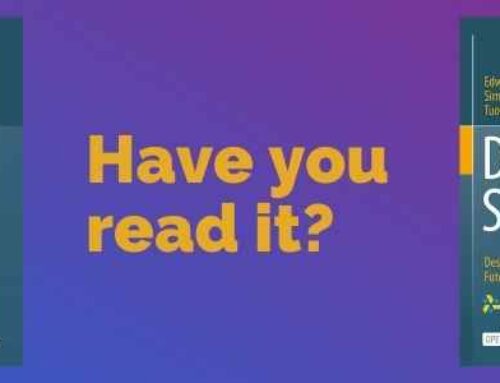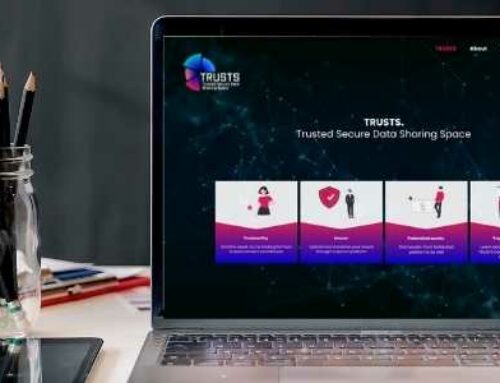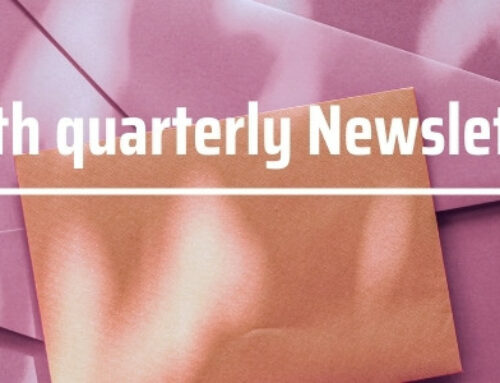European data sharing needs more business-driven approaches to data exchange
– Press Release –
Hannover/ Freiburg, DE – 7 December 2022. A successful data service ecosystem is created when enough participants can expect and contractually secure economic benefits from the exchange of data assets.
Only through data intersection do business models become profitable
“Data is the new gold” – this statement is often used to emphasise the importance of data exchange in data platforms. In the TRUSTS project, data exchange platforms were investigated across Europe and examined regarding their economic and organisational sustainability. It was found that those platforms that were able to offer a business model for data exchange were able to survive in the market – especially those data markets that were able to develop a monetisable business model for the exchange of data. exchange of data. The most successful data platforms are those that add value through data intersection or data refinement. The motto should therefore be changed to “insights from data analytics are the new gold”. At the core of successful data platforms is the value-added service for participants.
Business before technology – it has to pay off!
Which technical basis is used for the data exchange is not decisive. Once a business model has been found and established, data can be exchanged (and subsequently monetised) using existing technology or technology that is currently developing in the context of Gaia-X. More important than the technical systems used, however, is the measurable added value created for the participants.
“It is a misconception that the technology is the decisive factor for the success of a data exchange. It is the simple and clear business model that determines the lasting success of a data exchange” (Andreas Huber, Managing Director of G1 and consortium partner in TRUSTS).
Monetisable data exchange: benefits, scalability and a secure framework
To design and build a new digital business model, four things are needed in essence: a) a new customer benefit (new uses) b) an automatable and scalable data model (new user), c) a legal-economic framework (contracts) and d) if this benefit is quantifiable in monetary terms (added value). Thus, if the intersection of previously unrelated data leads to better predictions for future events – for example, the intersection of weather and energy data and the number of residents present in a neighbourhood – costs can be reduced by a quantifiable amount (in this case, through earlier planning of energy needs).
“Establishing a viable business model for a data exchange is at the beginning of our work with our clients. The set-up takes a good one to two years. The technical implementation takes place afterwards or even in parallel and is the result of a viable economic model and not the other way around.” (Managing director of an established platform for data exchange)
Operators needed for data platforms in Europe
The technological and business aspects of data platforms can only find their transition into reality through a trusted operator (data entrepreneur). In this sense, data-driven business models are like all business models: without an initial investment, the desired return cannot be achieved. So at the beginning of a successful data exchange is a validated business plan that illuminates the long-term economic aspects.
The TRUSTS project has received funding from the European Union’s Horizon 2020 research and innovation programme under grant agreement No 871481.
For further inquiries:
Nina Popanton
Data Intelligence Initiative
nina.popanton@dataintelligence.at
www.dataintelligence.at




